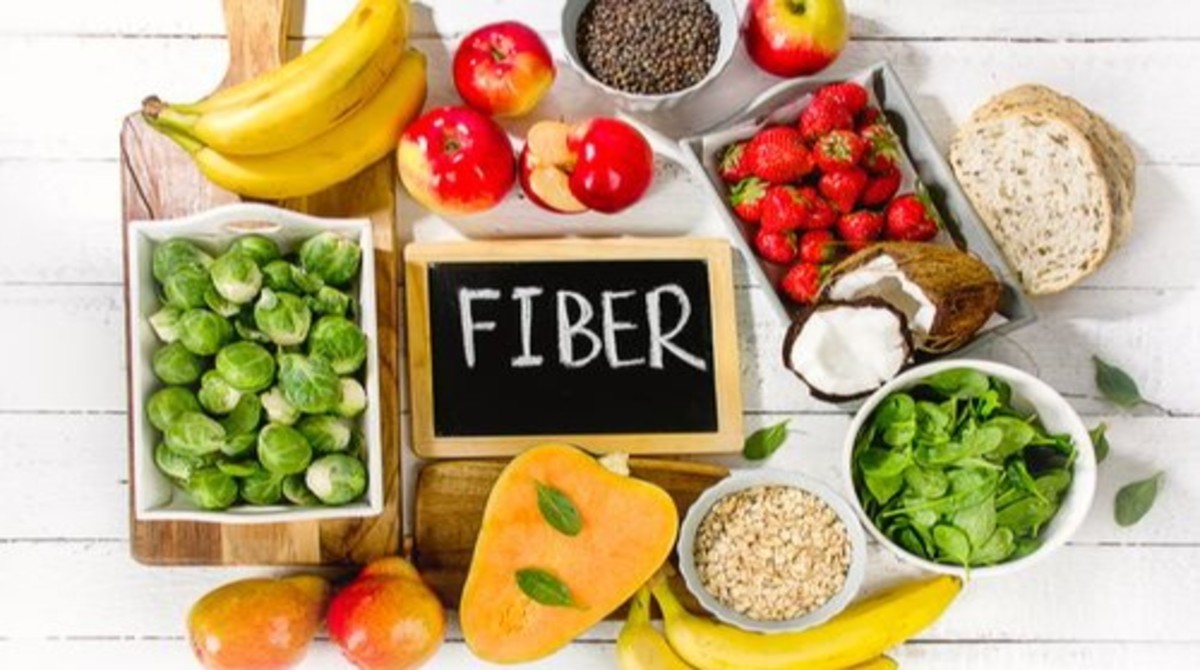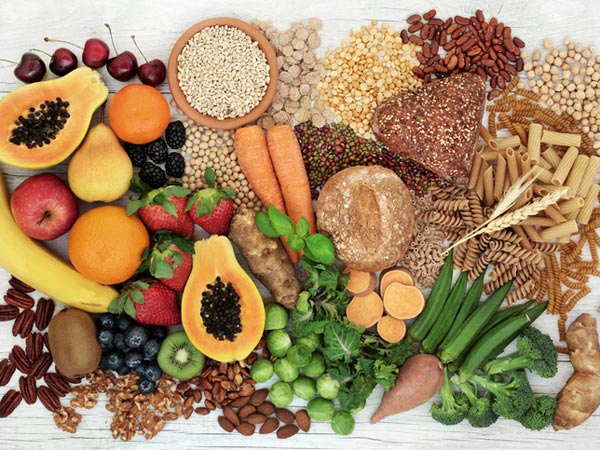Fibre: A Carbohydrate That Is Extremely Healthy
July 13, 2022

Fibre is an edible carbohydrate and is a part of a plant that is resistant to absorption and digestion in the intestine. Fibre not only prevents constipation by adding up bulk to stool but also lowers cholesterol levels in the blood by inhibiting its absorption from the intestine.
Types of Fibre
There are two main types of fibre:
Water-soluble: This group of fibre dissolves in water and can be metabolized by good bacteria in the intestines.
Water-insoluble: They don’t dissolve in water.
Fibre Benefits
The major benefit of fibre is to improve your digestion. Other benefits include:
Promotes the growth of good bacteria in the intestine
Aids in weight loss
Manages blood glucose level
Prevents constipation
Manages cholesterol levels
May prevent colorectal cancer
Deficiency of Fibre
Deficiency of fibre may result in constipation, unhealthy skin, and bloating.
Fibre Side-effects
Consuming a high amount of fibre in a short span of time may result in abdominal cramps, bloating, and flatulence. A high intake of fibre for a longer duration may alter the absorption and availability of minerals. It may also decrease the absorption of zinc and iron.

Recommended daily allowance
The recommended dietary fiber intake for children and adults is 14 g/1000 kcal.
Sources of Fibre
It is present in a wide variety of food items. Some of them are:
Chia seeds (34.4 grams per 100 grams)
Almonds (12.5 grams per 100 grams)
Dark chocolate (10.9 grams per 100 grams)
Oats (10.6 grams per 100 grams)
Lentils (7.9 grams per 100 grams)
Artichoke (8.6 grams per 100 grams)
Avocado (6.
1 grams per 100 grams)
Interesting fact: All high fibre foods take longer to chew and digest and thus make you feel satisfied for longer!!
We have started an A-Z, blog-series on nutrients, co
vering all your vitals in one place! Write to us at info@labelblind.com if you would like a specific nutrient of interest to be covered, we would love to keep that as our priority!
References:
https://www.ncbi.nlm.nih.gov/pmc/articles/PMC3614039/
https://pubmed.ncbi.nlm.nih.gov/19335713/

Rashida Vapiwala (Founder at LabelBlind®, Food Label Specialist, Ph.D (Food Science and Nutrition))
Rashida is passionate about solving problems for the food industry using technology. She loves creating tech-led solutions in the space of Nutrition.
